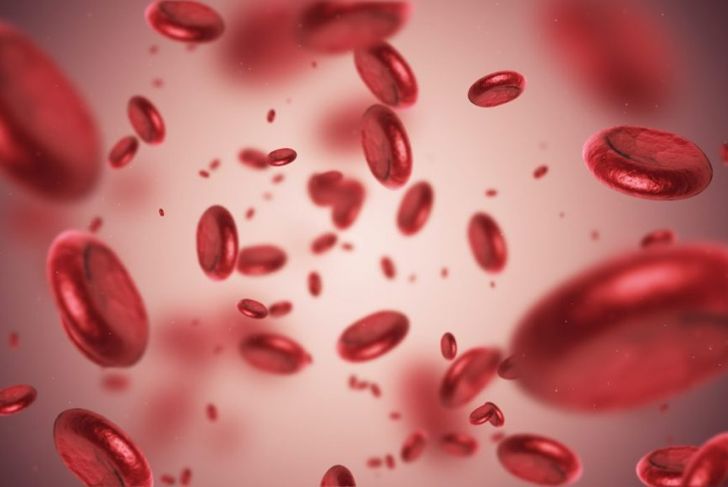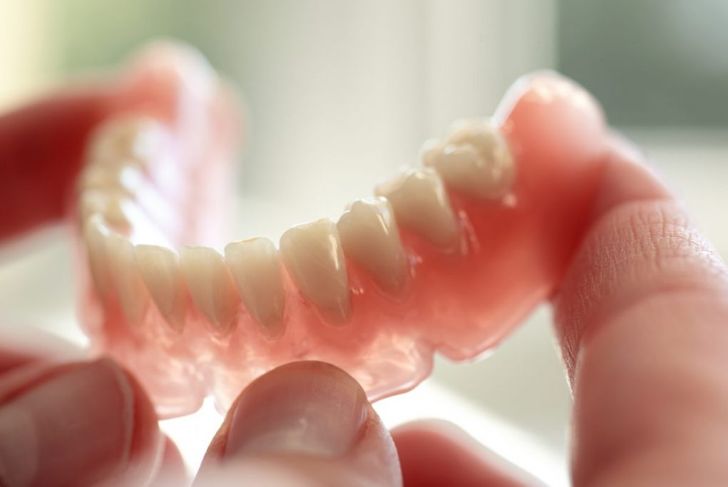Glossitis causes swelling and inflammation of the tongue. It can also cause changes in the tongue’s color and texture. The tongue plays a vital role in chewing, swallowing, and forming speech. For this reason, glossitis can interfere with eating and speaking, especially if the condition is severe. It can be a sign of a more serious underlying health condition.
Types of Glossitis
Acute glossitis develops very suddenly and can cause severe symptoms. This is more common if allergies caused the condition. Chronic glossitis leads to repeated bouts of tongue inflammation and is more likely to indicate an underlying health problem. Atrophic glossitis or Hunter’s glossitis occurs when the small bumps on the surface of the tongue (papillae) shrink. This causes the tongue to develop a shiny or glossy appearance. Finally, candida yeast infections cause median rhomboid glossitis.
Causes of Glossitis
Allergic reactions to irritants such as medication or a particular food can cause this condition. Common triggers include toothpaste and medications prescribed to treat raised blood pressure. Immune system conditions can also cause glossitis, as can the herpes simplex virus, which causes blistering around the mouth and can also affect the tongue. Trauma to the tongue, such as a cut or burn, or irritation caused by orthodontic braces, can also lead to it.
Glossitis and Low Iron Levels
Iron deficiency can also cause glossitis. Iron promotes healthy cell growth by helping the production of red blood cells, which carry oxygen to the tissues of the body, including the muscles. When iron levels fall too low, the body can stop producing enough myoglobin, a type of protein carried in the red blood cells that is vital for building healthy muscles. When levels of myoglobin are low, this negatively affects the health of the muscles, including the tongue.
Symptoms
Symptoms depend on the cause and severity of the inflammation. The most common symptom is a swollen tongue that is tender or painful. There may be visible changes in the tongue’s color. People with more severe glossitis may find it difficult to chew and swallow food, and the swelling may cause changes in the person’s voice or an inability to speak. There may be fewer papillae visible on the surface of the tongue.
Diagnosis
Glossitis is diagnosed following an examination of the mouth and tongue by a doctor or dentist. They will check for any redness, swelling or changes in appearance. They may collect samples of saliva or blood for analysis, to help determine the cause. If an underlying health condition is suspected, specific tests can confirm the diagnosis.
Treatment with Medication
Doctors sometimes prescribe antibiotics to treat glossitis if the individual has a bacterial infection. They may also prescribe corticosteroids to be applied directly to the surface of the tongue. These can help reduce redness, inflammation, and pain. In some cases, medications or dietary supplements can help treat the underlying cause and improve the condition of the tongue. For example, a doctor may recommend iron supplements if iron deficiency anemia causes the inflammation.
Risk Factors
People with orthodontic devices such as braces or dentures are more likely to get glossitis because they have an increased risk of trauma to the mouth and tongue. People with immune system disorders or herpes infections are also at a higher risk. Food allergies, eating spicy foods, and diets low in key nutrients are also risk factors.
Prevention
Many cases are unavoidable. However, some simple measures can lower their risk. Maintaining good brushing and flossing techniques can prevent infections and inflammation in the mouth. Avoiding irritants such as spicy or very acidic foods and tobacco smoke can also make contracting glossitis less likely. Maintaining a healthy and balanced diet prevents dietary deficiencies and lowers the risk of tongue inflammation.
When to Seek Help
Anybody with tongue inflammation that does not go away should seek medical attention to ease discomfort and treat any underlying health problem or nutrient deficiency. Severe swelling of the tongue is a medical emergency. Anybody with a very swollen tongue should call an emergency ambulance or immediately attend the emergency department. A swollen tongue can block the airway and cause suffocation, not to mention be indicative of a serious allergy or other condition.
Prognosis
Most people with glossitis will make a full recovery, although it can take some time for the inflammation to disappear completely. However, delaying or failing to seek treatment can impede recovery or lead to the condition becoming chronic. Affected people can speed their recovery by maintaining good oral health habits. Avoiding irritating foods such as hot spices can also help the tongue heal more quickly.

 Home
Home Health
Health Diet & Nutrition
Diet & Nutrition Living Well
Living Well More
More




















